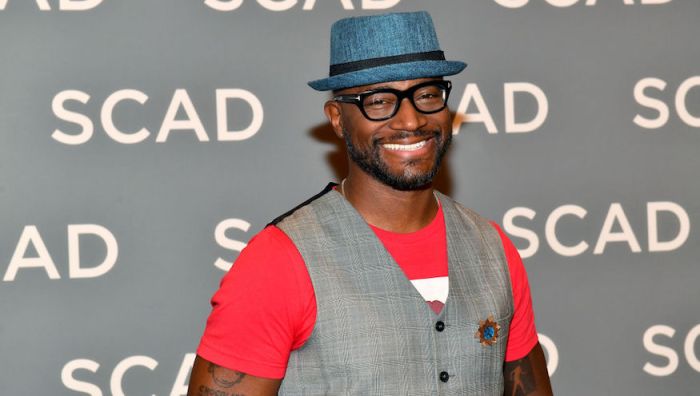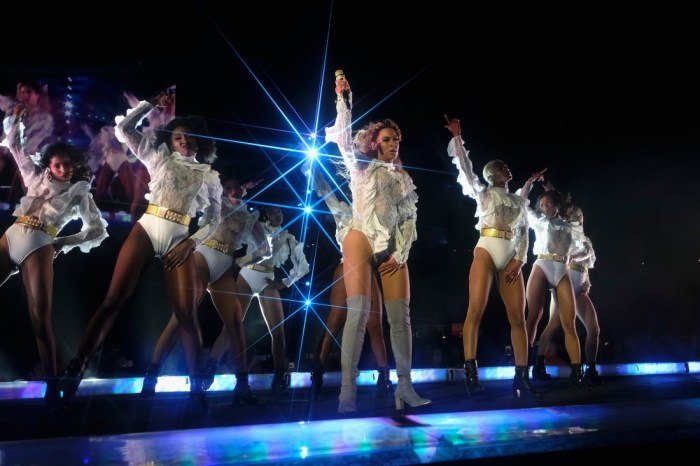The large room, bathed in sunlight, was quiet except for the scribble of pencils, the click of the time clock and bump of the chess pieces hitting the board. On Tuesday afternoon, Success Academy held it’s first ever all-girls chess tournament at it’s Harlem West middle school on 114th Street. The group of 32 charter schools in Manhattan, Brooklyn, Queens and the Bronx, has had a robust program that teaches each student to play chess, said chess educator Sean O’Hanlon. Almost 100 girls attended the event.
But Success Academy wants to go a step further, and bridge the gap of women playing chess, an activity many educators and experts believe help with analytical skills, particularly in STEM subjects. Outside the tournament room, Alicia DeAllie watched her eight-year-old daughter, Kai, play with an opponent, write down her moves and shake hands at the end. DeAllie said her daughter transferred from public school to the Williamsburg charter school this school year. “It’s been working for her,” DeAllie said of chess. “It’s definitely helping with her focus.”
Success Academy students compete regularly in tournaments against each other and players throughout New York City, and O’Hanlon said this is the first of many all-girl events to come, aimed at bridging the gap of less women playing chess. O’Hanlon said in the United States Chess Federation, girls make up just 20 percent of club members under 12. “I think it’s a gender neutral thing,” O’Hanlon said of the game. “I think the disadvantage they have is the biases of the teacher, and we want to make sure that they have equal opportunity; we want to make sure we are losing those biases.” Tanisha Millan, one of Success Academy’s 25 chess coaches, started playing chess at age 5 growing up in the South Bronx. Millan said she was one of just two girl players on her team, and they would always travel to national competitions and room together. “Now, I’m taking my team to nationals in Nashville in May, and I’m taking eight girls,” Millan said. “It’s still not equal but it has changed in a better direction.”
“Usually I mostly play boys … I want to see how other girls play,” said Mya Cooper, one of Millan’s students at Upper West, one of the competitors who won two out of her four games Tuesday. Hilary Levey Friedman, a social scientist, professor at Brown University and author of “Playing to Win: Raising Children in a Competitive Culture,” said studies have done that find top chess players can look at a chess board and identify patterns within seconds. Chess, apart from helping student develop logical reasoning skills, calculating moves and thinking ahead, can help connect “girls to other girls interested in similar things.”
“They’re not outliers,” Friedman said. “They’re plugged into a network.”
Fernand Brunschwig, an adjunct professor of engineering at Teachers College Columbia University, said chess places a “strong emphasis on skills in planning ahead,” and keep in mind multiple details. “This is very close to what scientists do when they are solving a problem or trying to develop a model that successfully predicts how real world experiments will turn out,” Brunschwig said. “So, assuming chess is taught well, I would say that chess has quite a lot of potential for overlapping with and reinforcing what the best STEM teachers are doing.”
Charter school working to fill gender gap in competitive chess

Bess Adler, Metro


















